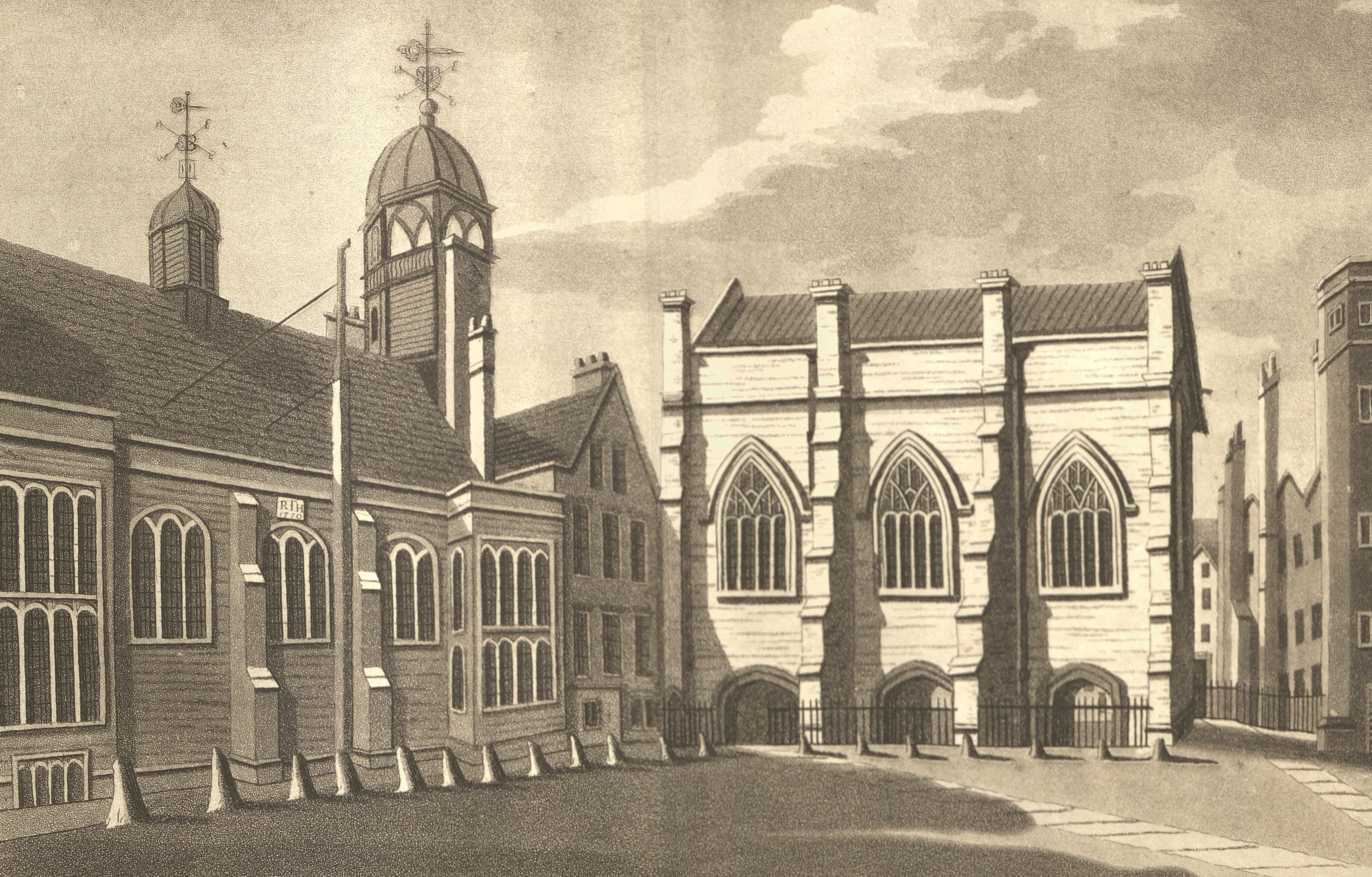Classic Treatises: Fundamental Tools
The first comprehensive English law treatise, On the Laws and Customs of England, circulated in manuscript before the mid-thirteenth century. Such general treatises, covering a whole legal system, were grand projects. Only a few in the history of English and American law have met with great success: Blackstone’s Commentaries is the most notable English example, while Kent’s Commentaries often held sway in nineteenth-century America. Law schools found these multi-volume works useful foundations in legal curricula, particularly when synoptic lectures were common. The case method of legal instruction, an ever-increasing case law, and new fields of law, perhaps put an end to general treatises, though specialized treatises of course provide sure guidance to students and professionals today.
Edward Coke, The First Part of the Institutes of the Laws of England (London, 1629).
The four-volume Institutes of the Lawes of England by Edward Coke (1552-1634) is one of the great treatises on English law. The first volume here contains Coke’s commentary on Littleton’s Tenures, the influential treatise on property. Every law student studied this volume, not least in the burgeoning American colonies. A young Thomas Jefferson impatiently wrote: “I do wish the devil had old Coke,” a view that turned to admiration when Jefferson served in government. This is the corrected second edition, with an engraving of Coke by Thomas Ryder (1746–1810), inserted later.
William Blackstone, Commentaries on the Laws of England, 4 vols. (Oxford, 1765-79).
William Blackstone (1723-80), an industrious lawyer, scholar, and judge, penned the most influential treatise in the history of English common law. The Commentaries were based on Blackstone’s Oxford lectures, which aimed to systematize the law with comprehensive, well-organized discussions. The volumes took hold among the bench and bar of the British empire and were taught in law schools in the United States into the twentieth century. The popularity of the book was helped by Blackstone’s usually lucid writing style and clear views.
James Kent, Commentaries on American Law, 4 vols. (Boston, 1826-30).
James Kent (1763-1847) was the first law professor at Columbia College in New York whose lectures formed the basis of his landmark Commentaries on American Law. Much like Blackstone’s Commentaries, the work aimed to systematically treat the common law, with discussions of emerging differences in the American legal system. As a law teacher, Kent was not very successful: his classes dwindled until he was forced to resign. His Commentaries, on the other hand, were a hit. Reprinted frequently in the nineteenth century, they were a trusted authority in classrooms and courts.




